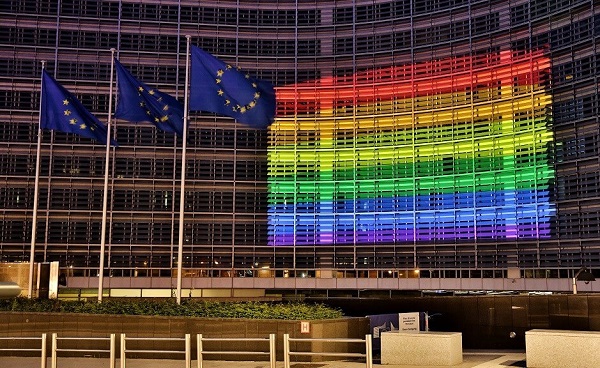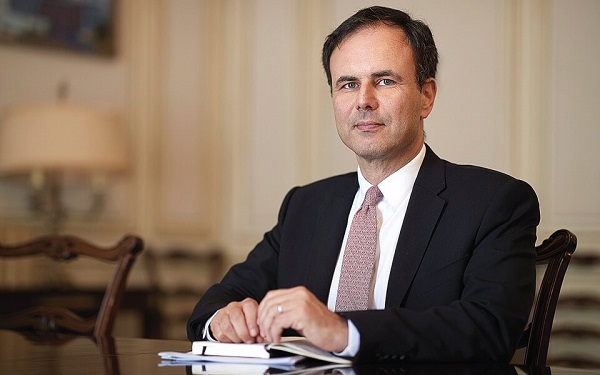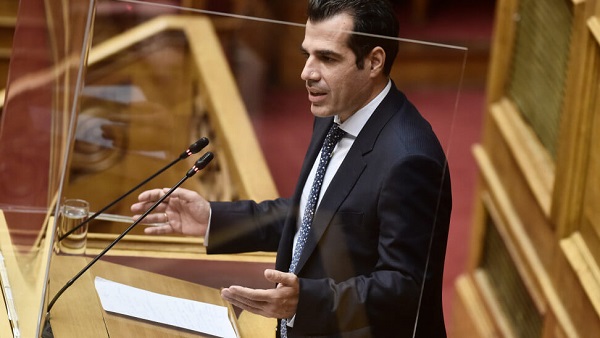Beyond the abovementioned issues that arise from the content of the law itself, I would like to draw the reader’s attention to the wider political context within which such a law was passed. It seems to me that the inadequate and limited protection of queer persons from the disgraced and utterly hurtful practices of conversion therapies offered by this piece of legislation is inappropriately used in this pre-election season for electioneering, that is for purely electoral reasons. In other words, such a law constitutes a missing opportunity for true societal change and full legal protection of the already vulnerable LGBTIQA+ persons in Greek, a half-solution to a very real problem, a way of appeasing the growing discontent of queer voters with the neoconservative policies and the rise of queerphobic crimes. Furthermore, I urge you to bring to mind two key facts. Firstly, New Democracy, the currently ruling party, did not lend its support to the civil union bill for same-sex couples in 2015 and promoted the most conservative and outdated version of the legal gender recognition law in 2017 when it was the major opposition party at the time. Secondly, the current Health Minister who introduced the conversion therapy bill, Thanos Plevris, was first elected to the Hellenic Parliament with the ultraconservative Popular Orthodox Rally at the 2007 parliamentary election and since then he is a constant nationalist, radical right, Islamophobic, racist and neofascist voice. Having said that it seems to me that the introduction of the conversion therapies bill is a textbook case of homopopulism that troubles any easy distinction between inclusion and exclusion of LGBTIQA+ persons into the Greek homonormative public sphere. Such a homopopulist politics presents the LGBTIQA+ rights as an achievement of the neoliberal state who recognizes ‘its others’, a sign of progress, that sits comfortably with the state racism. In other words, such initiatives work to humanize inhuman financial and migration policies.





.png)





 Login
Login